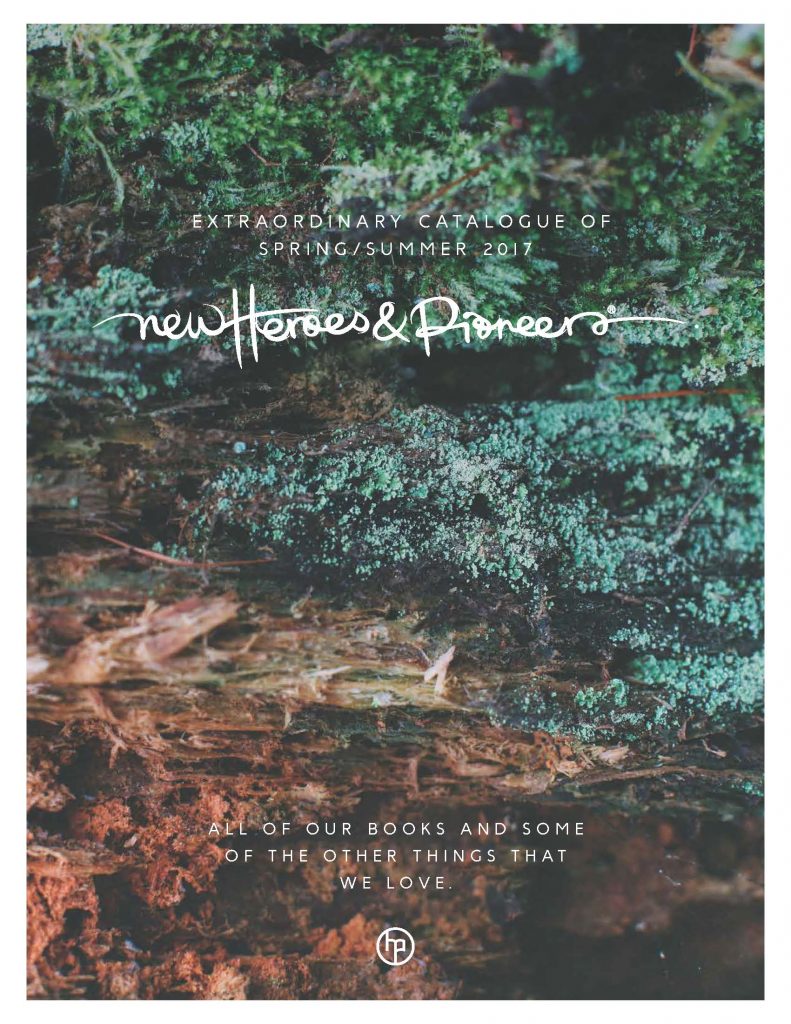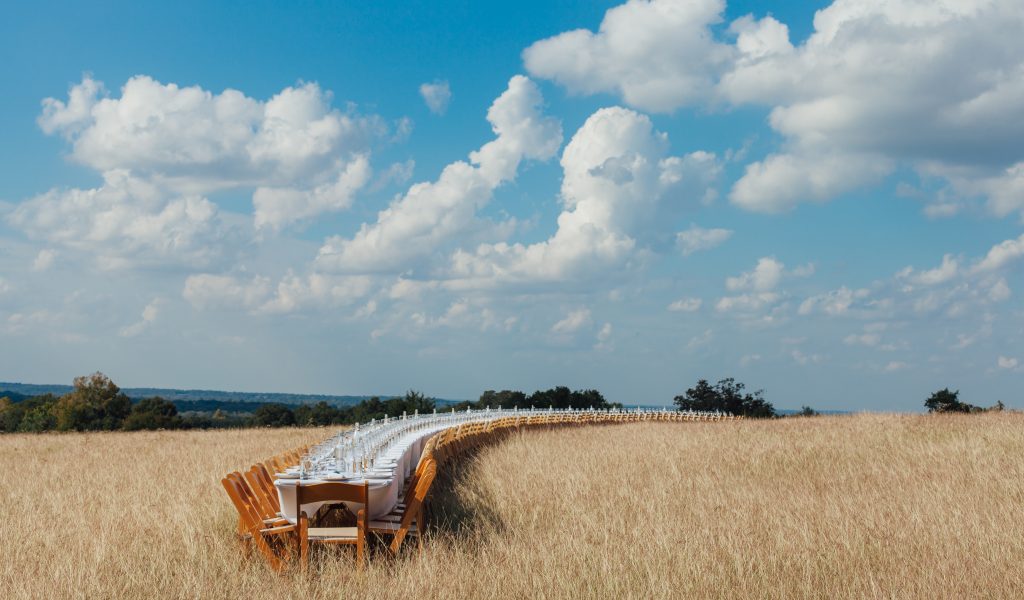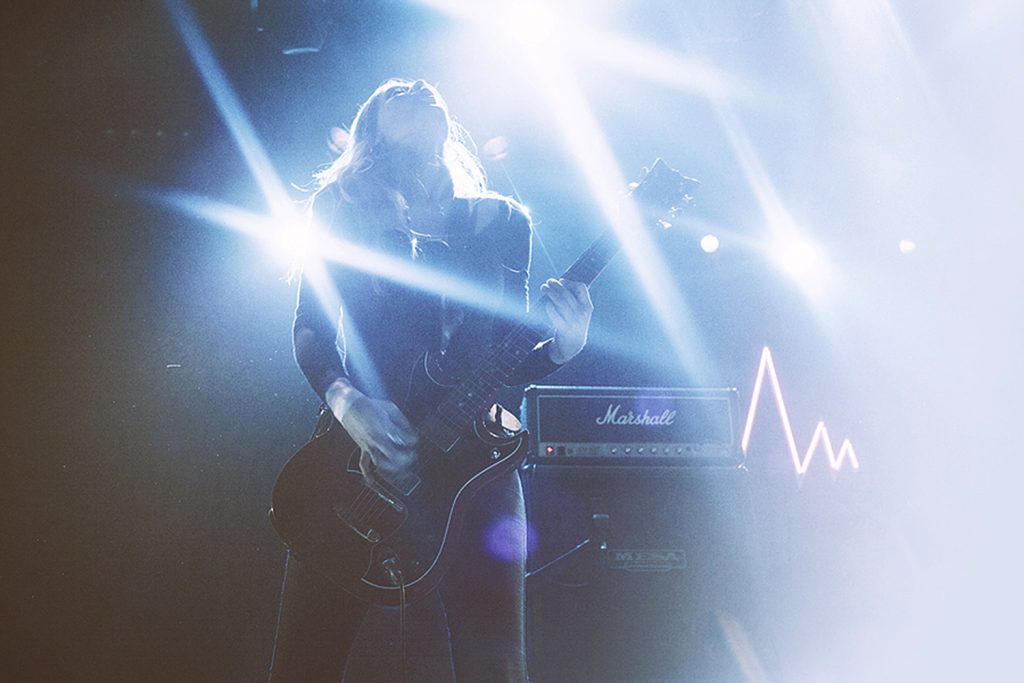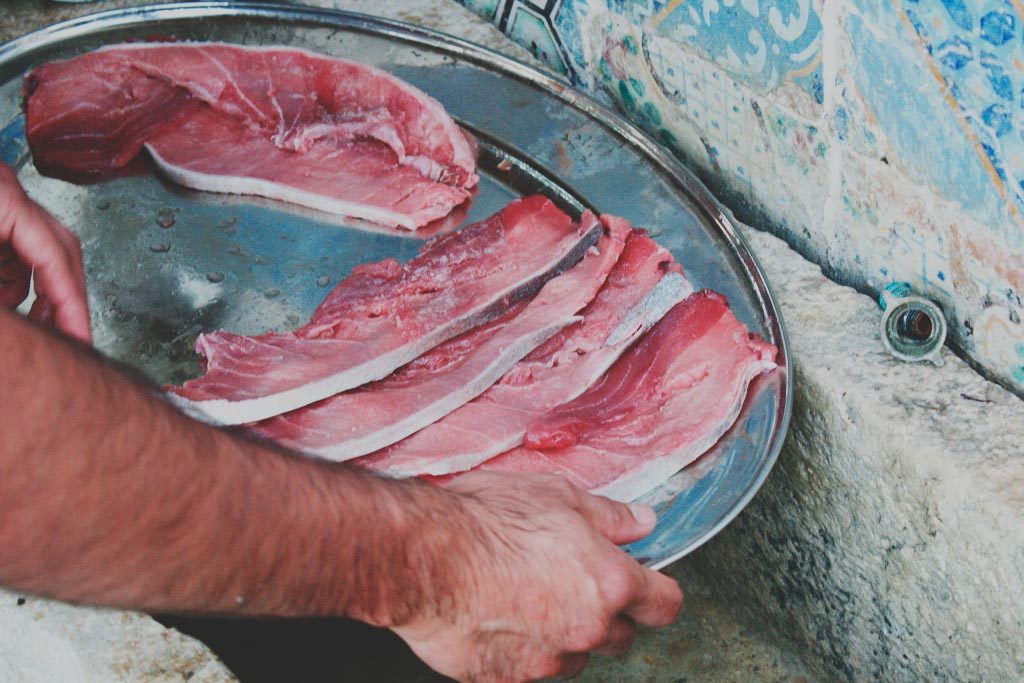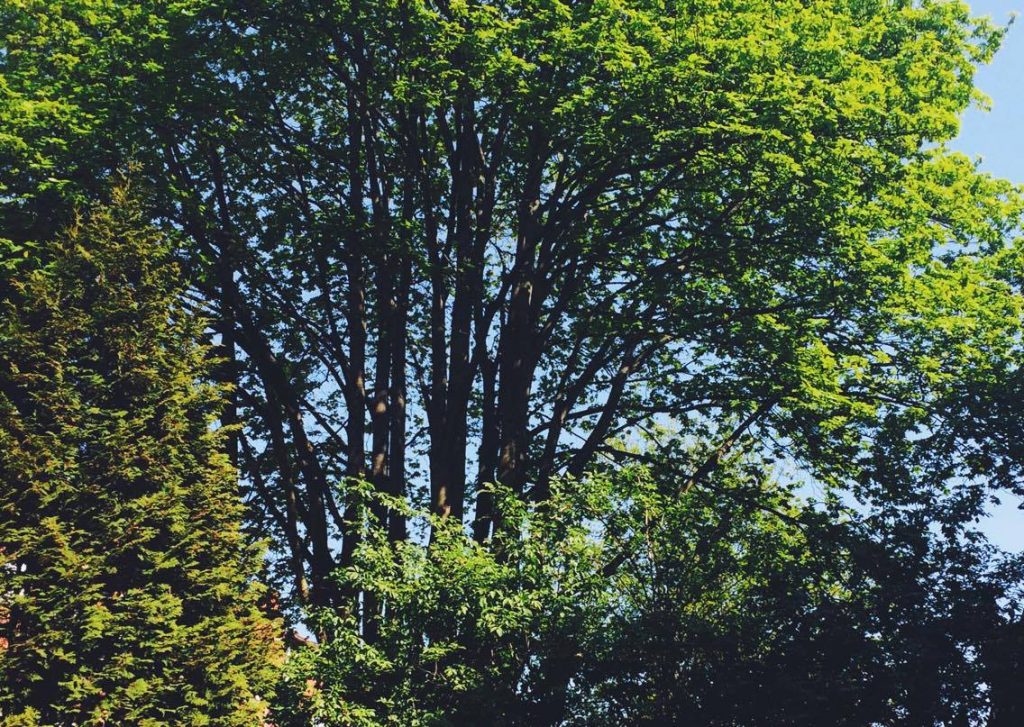A few days after Canada Day I was heading down Highway 97. The road bisects BC, running like a stream through the heart of gold rush country. We were in a blue Chrysler PT Cruiser, the windscreen cracked, and in the boot, on top of all our camping gear – tents and kayaks – was all the rubbish we’d accumulated up over the weekend. It was beginning to smell.
When I moved to Canada I can’t say I was really thinking about what sort of impact I would have on the place – knowing my stay was likely to be temporary stopped me from thinking too far ahead. But, when I left the UK, I needed to try something new. Seeing as we decided on our move before turmoil was decided as the most appropriate political mode in Britain, I can’t claim that to be a factor to our move. To be honest, I have never fully parsed all of our reasons for leaving the UK. We were living in London, and my girlfriend was just coming to the conclusion of a course and I was in a job I was happy to leave, but I think we felt like we needed some novelty, just going somewhere completely new. If anything we wanted a break from ‘normal’ life for a bit. And Canada seemed like a space were we could escape for a bit and live away from the grooves our standard lifestyle had formed. In this way I was perhaps treating Canada as a kind of theme park – a blank page on which to live in a different way. I wonder now if that was not the right attitude to have.
Anyway, we moved to Vancouver in the autumn of last year. I had no idea of what Canada was like. The closest I’d been was two weeks in San Francisco ten years before.
We’ve done all the things that you’re supposed to do – we went to Vancouver Island, we’ve camped in the middle of nowhere, we visited Whistler – albeit in 35 degree heat. Yet it somehow feels like we are not quite touching the bottom – surfing along the top of the country like a skimming stone. But is this a bad thing? For Canada is a place where making a mark can be a problem.
A few weeks ago we went camping in Flat Lakes Provincial Park. It is, as it sounds, a string of lakes in central British Columbia – a mere seven hour drive from Vancouver. The place is a true wilderness – we didn’t see another soul all weekend and the only sound interrupting the silence at night was coyotes howling – which exhibits the classic extremities of BC weather,0 under mounds of snow in winter and burning hot in the summer. Wherever you go in BC there are always signs up saying to leave no trace, to leave the land as you found it. This serves two purposes. There are of course environmental reasons behind this, but the restrictions are also in place to stop larger mammals – like bears and cougars – from discovering camping spots. On our way back the bags of cans, dripping beer swill, and a burnt popcorn pan stunk in the boot of the car – but we left nothing, not a speck of rubbish or scrap of food.
These places are vast, but fragile – you ruin the feeling of remoteness, of isolation, with marks. At the bottom of a lake I saw, as we kayaked over, an old can, the label had washed away. And this brings you out of your experience a little. Suddenly it becomes a place where humans have been. But then, to appreciate this you need to consider yourself separate to whatever you encounter. Nature, as something separate to ‘man-made,’ is as much of a human construction as that faded can. Everything, from the lake, to the coyotes to the rubbish we took and the scorch marks left by our camp fire was an expression of nature. Perhaps rather than ‘leave no trace’ we should not aim to leave nature as if we had never been present but rather to live harmoniously within nature. European settlers intensively farmed the fir and cedar trees in the Pacific Northwest – First Nations developed a technique to peal strips of wood from the trees without having to chop it down.
And the environment is not the only part of Canada where leaving traces behind yourself is problematic. Canada is a place where, as a white Briton, you have a certain inheritance. It is a place where, for centuries, people have come to make a livelihood, but have disregarded the consequences of it. Colonialists came to Canada searching for vast expanses of land, gold and escape, and found it. But this caused the systematic oppression of indigenous people. Culture and land was destroyed – potlatches, a kind of feast or celebration, were banned and attempts were made by the Canadian authorities (as the British had done beforehand) to stamp out First Nation languages.
Ancestral land was taken, unique and ancient culture was destroyed and First Nations children were forced through the horrors of the residential schools system. All this was with the aim of removing all trace of ‘savagery’ from the indigenous population and replacing it with Western culture or, as the shorthand of the time had it, to ‘kill the Indian in the child.’ This caused deep wounds and divorced First Nations people from their culture. These were scars that drove cycles of poverty and sidelining responsible for the extraordinary levels of alcohol and opiate abuse seen in some First Nations communities today.
Canada feels like a place where you wonder about the traces you leave. What would be an appropriate mark to leave? The country sells itself as a haven, a place for immigrants to flourish, a way to escape from ugly politics into Justin Trudeau’s photogenic smile. But on what are you building this new life? Whose land is it you are imprinting on?
And this makes moving here a little tricky sometimes. You may move to a new place and feel at home – you get haircuts, a bank account and a local coffee shop – but leaving a mark is a problem. When you do so what are you covering, whose history do you deface and whose place do you take?
Less than a week after our visit, lightning strikes caused the area around Flat Lakes to ignite. The fires spread and multiplied, closing the highway and causing towns we had stopped in to be evacuated. They tore through forests and blackened the earth. Even if we had left all our rubbish the fire would have blazed it all away, not a trace of us would have been left.







